How to recover from a bad night's sleep - 8 science-backed tips to help you feel fresh
Knowing how to recover from a bad night's sleep can help you get through the day without your fatigue taking you down

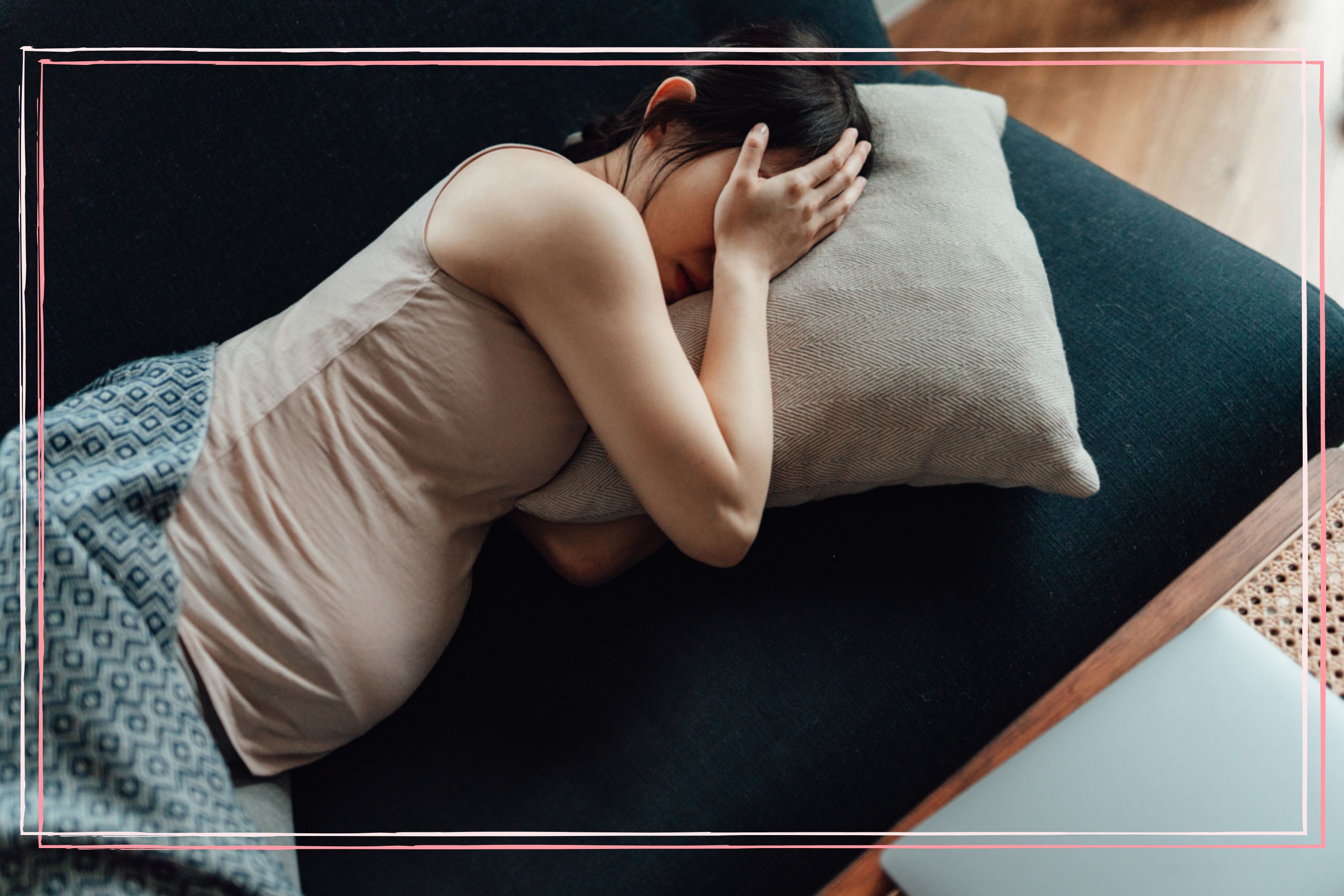
Parenting advice, hot topics, best buys and family finance tips delivered straight to your inbox.
You are now subscribed
Your newsletter sign-up was successful
If you're suffering from restless nights during pregnancy, you're not alone. Here are eight ways to recover from a bad night's sleep.
It's common to feel tired in pregnancy - you're growing a tiny human inside your own body, after all. But at a time when everyone's telling you to prioritise rest, it can be hard to get a good night's sleep if you're feeling uncomfortable, you constantly need the toilet and your hormones are all over the place. All this tossing and turning can leave you wondering how to wake up the next morning after a night of disturbed sleep.
The first thing to remember is not to panic - feeling tired won't harm your baby, and focusing too heavily on how much sleep you're getting can make it even harder to drift off. With that said, we know that feeling fatigued on top of pregnancy can make day-to-day life more difficult. So, if you've tried the foods that give you energy and taken steps to look less tired but still feel sluggish, we've got some tips that might help to perk you up.
How to recover from a bad night's sleep
1. Gentle exercise
If you've had a rough night and have woken up feeling groggy, then the last thing you probably want to do is exercise - and getting up and moving your body can feel like even more of a challenge when you're pregnant. But there are so many benefits to keeping up a light exercise routine.
A 2019 study published in the British Journal of Sports Medicine found that morning exercise improves attention, visual learning, and decision-making. And that was after just 30 minutes of moderate-intensity walking, so your exercise doesn't have to be strenuous!
Meanwhile, moving your body during the day could help you sleep better the next night, thus keeping your future self feeling fresh. In a systematic review published in Advances in Preventive Medicine, 29 studies concluded that exercise improved sleep quality or duration.
During pregnancy, you can keep up your usual exercise routine for as long as you feel comfortable, as the NHS explains that this will not be dangerous for your baby. In fact, they say there is evidence that active women are less likely to experience problems in later pregnancy and labour. Just make sure you always warm up and keep well hydrated.
2. Fresh air
Just as exercise can work wonders at waking us up, so can some good old-fashioned fresh air - so why not try both at once with a 30-minute walk outside or, if you feel up to it, a light jog?
Parenting advice, hot topics, best buys and family finance tips delivered straight to your inbox.
One study by the University of Rochester concluded that spending time in the great outdoors “makes people feel more alive”, with the same research finding that adults who walked outside for 20 minutes had more energy than those who walked for the same amount of time indoors.
For an extra spring in your step, why not try listening to your favourite upbeat songs as you walk? Sometimes there's nothing a little hum-a-long can't fix!
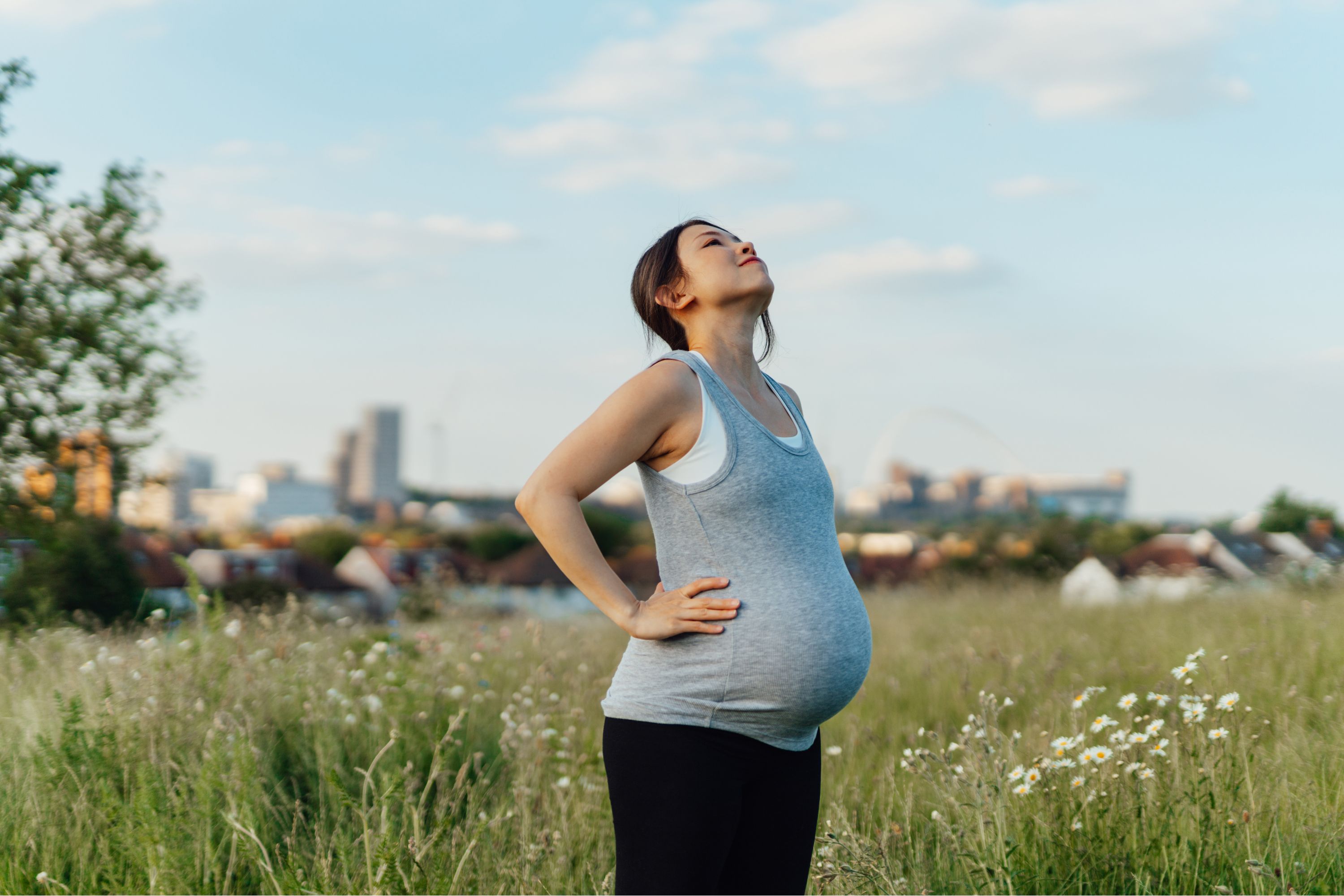
3. Tinted moisturiser
What did we ever do before the magical world of tinted moisturisers? Like eight hours of undisturbed sleep in a bottle, these little wonders can make a massive difference when we need to look fresh as a daisy - even when we don't feel it.
They're usually a light formula too, which can help give you a healthy glow. “Heavy matte bases can sit very dry on the skin which will instantly make texture and fine lines look more prominent on the face,” advises Bobbi Brown Pro Artist, Zara Findlay. “You want to look for a base that looks and feels like skin.”
We recommend L'Oreal's Skin Paradise, it's enriched with a cocktail of Aloe Vera, Ginger and Witch Hazel too, providing a multitude of benefits for tired skin - perfect for those who are regularly kept up all night.
L'Oreal Paris Skin Paradise Tinted Moisturiser - £6.99 | Amazon
Instead of a traditional foundation, this is 70% serum, delivering a hefty dose of hydration and leaving skin with a healthy, rested and radiant glow.
4. Avoid sugar
We all know how tempting it is to reach for the biscuit tin when the energy slump sets in and there are still several hours of the day left to get through. This can be especially true during pregnancy, when an increased appetite is common and cravings can have you looking for anything sweet.
There's nothing wrong with giving in to this feeling once in a while - you deserve a treat, after all - but having too much of the sweet stuff will only lead you to come crashing down later when your blood sugar levels drop.
A high protein breakfast is what the scientists suggest, with researchers from one University of Cambridge study finding that protein promotes wakefulness and helps to kickstart bodily activity.
If you do need a little pick-me-up, opt for naturally sweet treats to curb your craving. Fruit is a great option, like an apple, pineapple, or some berries. You could also try yoghurt - a study in the Nutrition Journal found that, when compared to high-fat crackers and chocolate, eating yoghurt improved appetite control and satiety.
5. Eat yourself awake
Speaking of eating, there of plenty of foods that can help boost your energy when you've had a bad night's sleep.
Jane Hutton, nutritionist and chef at The Functional Foodie, previously told GoodtoKnow, "The main rules when eating for energy are to eat regularly and prioritise protein and healthy fat rather than just chucking bread into the toaster. Carbs are important, but a carb-heavy diet, or a processed one, will throw off energy levels, and lead to a lack of nutrients, creating fatigue and getting into a cycle of blood sugar peaks and crashes."
She says it’s crucial not to go low on fat, and to get plenty of amino acids (protein) and essential fats (dairy, seafood, nuts, and seeds). An easy breakfast you could try is porridge with peanut butter and banana, or prep for breakfast the night before with these raw protein balls, these protein flapjacks, or our banana, chocolate and quinoa overnight oats.
6. Have a cat nap
If between seven and eight hours of sleep a night is recommended, and you only managed five hours of shut-eye last night, a power nap might be just what the doctor ordered.
If you can, try to make time for a 20-minute snooze during the day. Sleep Foundation explains that this is the best nap length for adults and that you should sleep for no longer than 30 minutes during the day. This allows you to get a bit of light sleep to boost alertness without entering into deep sleep, which will make you feel even more groggy when you get up.
There are other benefits to napping during pregnancy too. One study published in the Sleep Medicine journal found that women who reported napping during pregnancy had a significantly lower chance of having a baby with a low birth weight (defined by the World Health Organisation (WHO) as 5.5lbs or lighter).
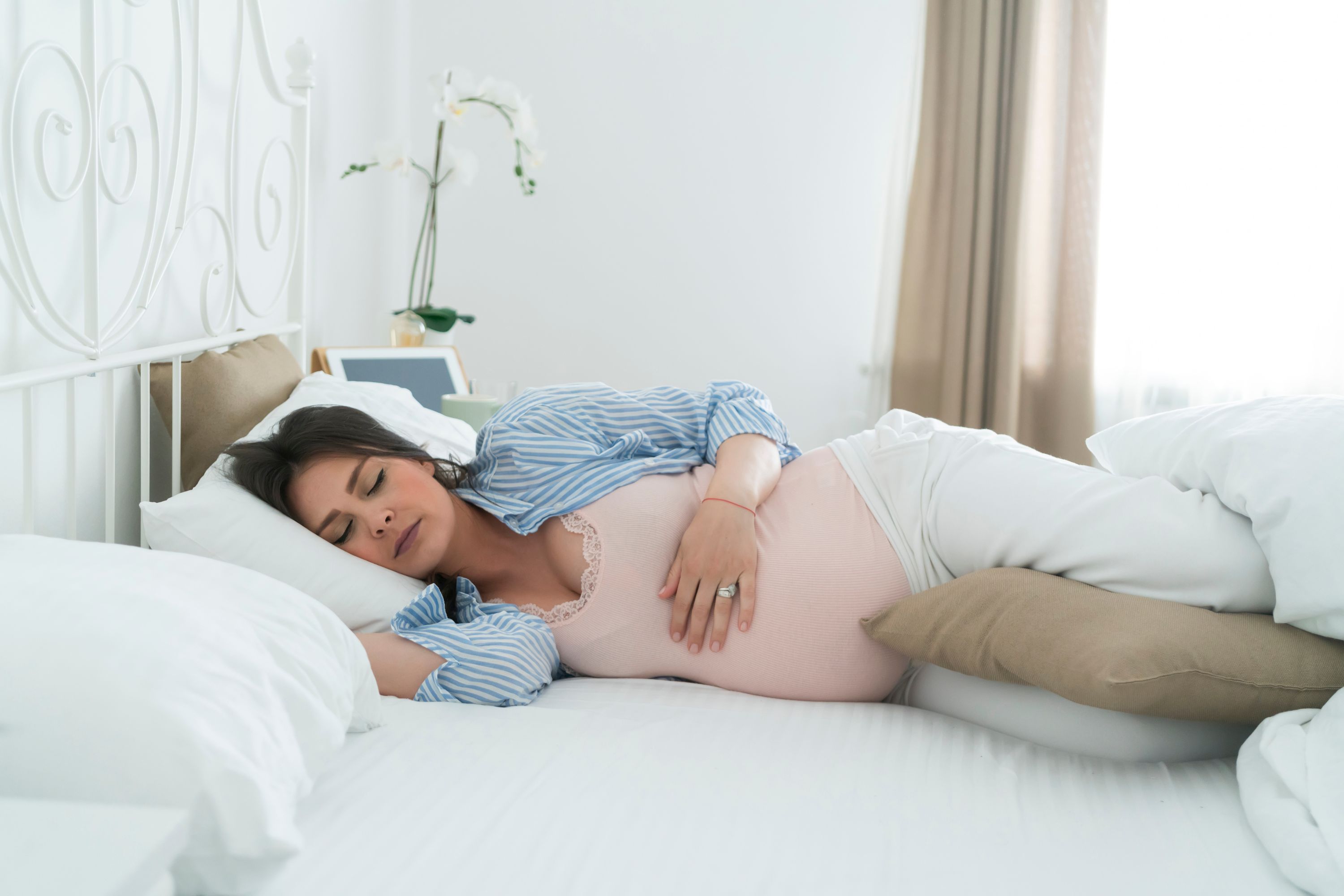
7. Jump in the shower
A quick fix to help you feel more alert in the morning is to jump in the shower. One German study published in Frontiers in Human Neuroscience found that a shower not only wakes you up, but it also gets your creative juices flowing too.
In contrast (and if you can handle it), a cool shower can also help you feel more alert. The cold water stimulates blood flow to increase circulation and forces you to take deeper breaths, decreasing your body’s CO2 levels, which in turn helps you to concentrate.
8. Go decaff
If you love a morning coffee, then one reason you might be feeling groggy after waking up during pregnancy is the absence of your morning caffeine hit. Fortunately, there is evidence to suggest that drinking decaf coffee instead can help perk you up too.
Research published in the Journal of Psychopharmacology found caffeine withdrawal symptoms (such as headaches, fatigue, bad mood, and irritability) shrank after participants drank decaf - regardless of whether or not they knew it didn't contain caffeine.
Lead researcher Dr Llew Mills explained, "A cup of decaf could help someone who is trying to cut back their caffeine intake to temporarily ride out the worst of the cravings and help them stay caffeine-free."
If you've had to say goodbye to your morning coffee now that you're pregnant, Dr Mills' research could be a game-changer when it comes to recovering from a bad night's sleep.
Continue reading
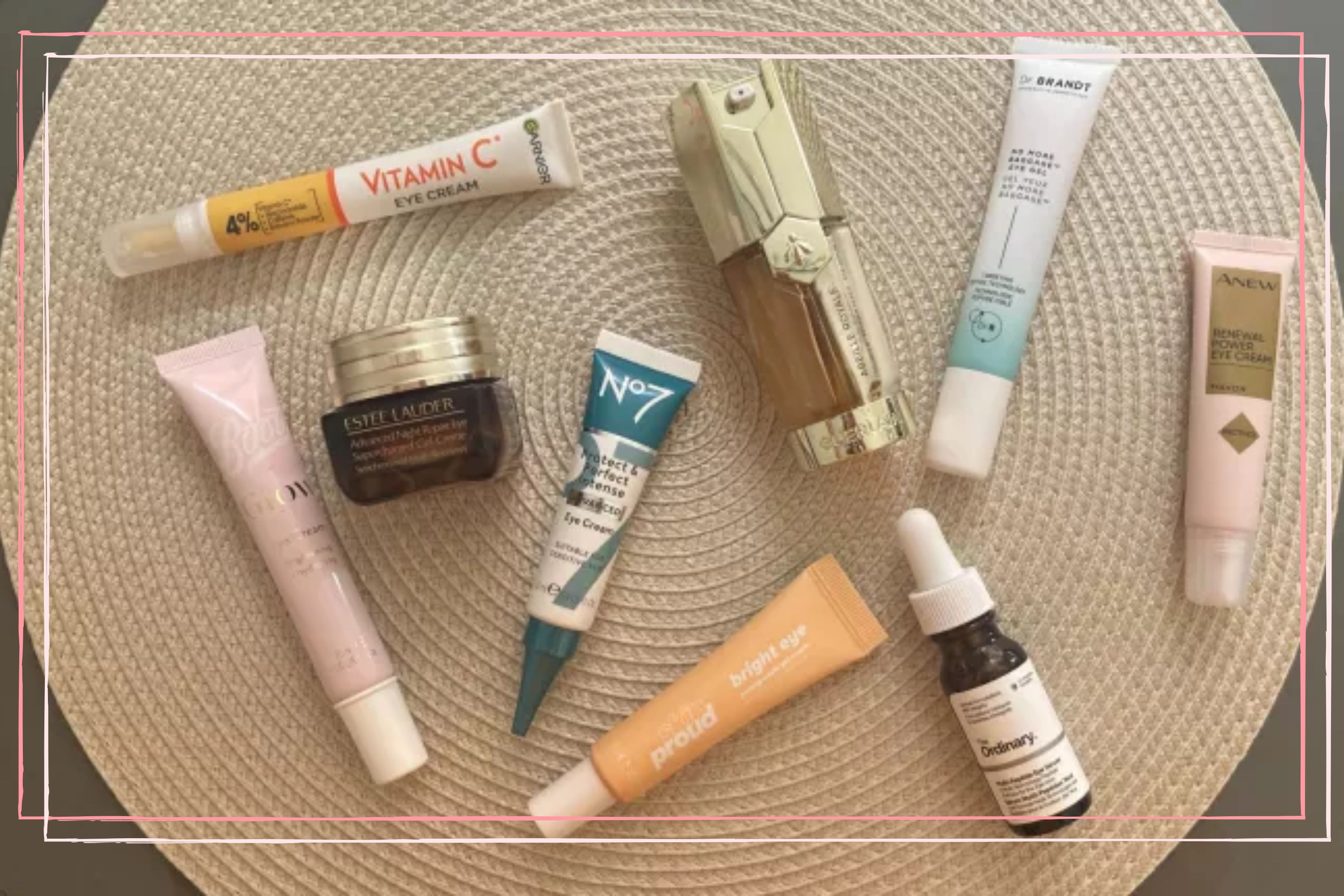
Our beauty editor has picked 10 of the best eye creams for dark circles. Shop these picks to help you look and feel more fresh after a night of tossing and turning.
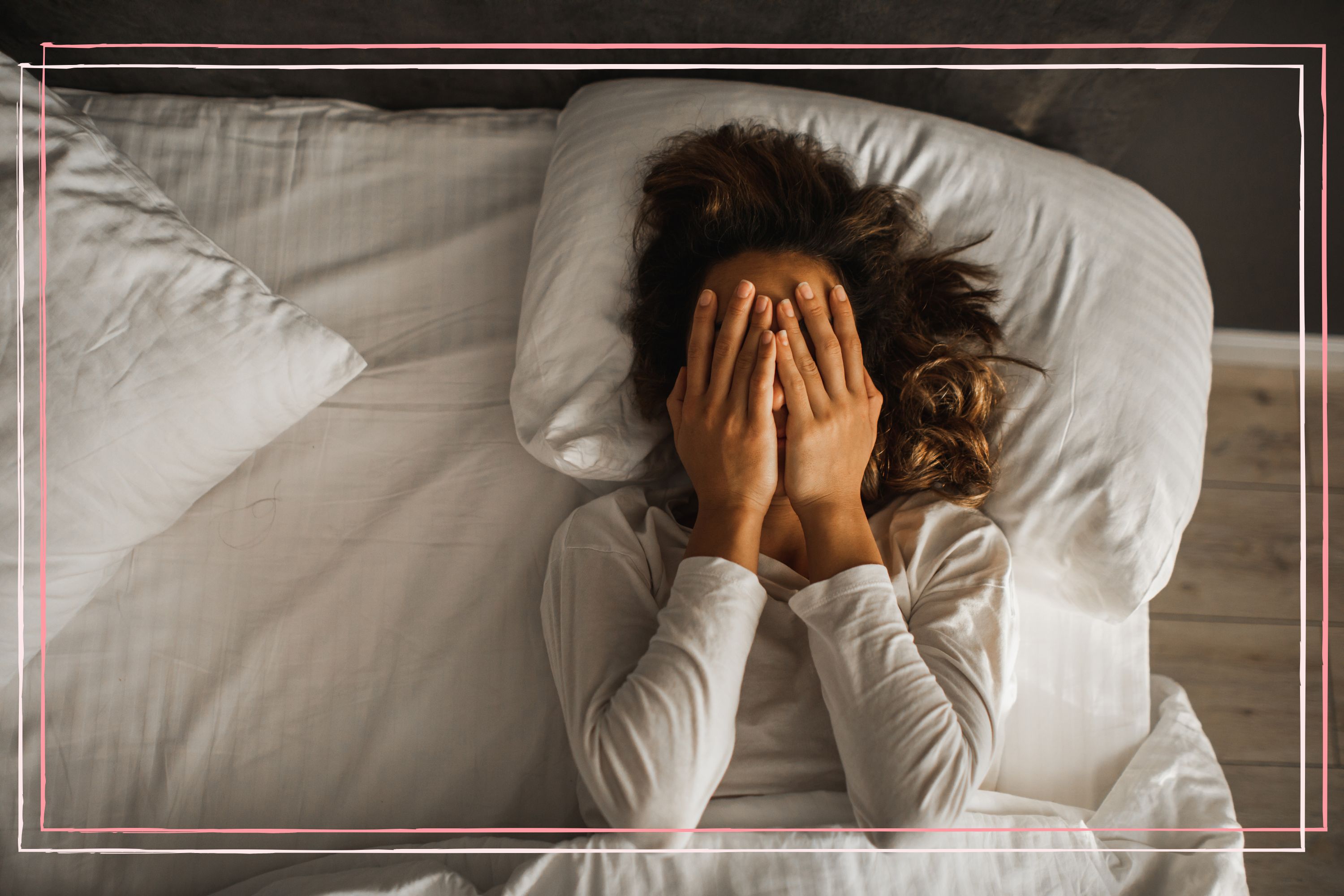
If you keep waking up early in pregnancy, we've asked the experts what the reason could be and for some top tips on how to get a better night's rest.
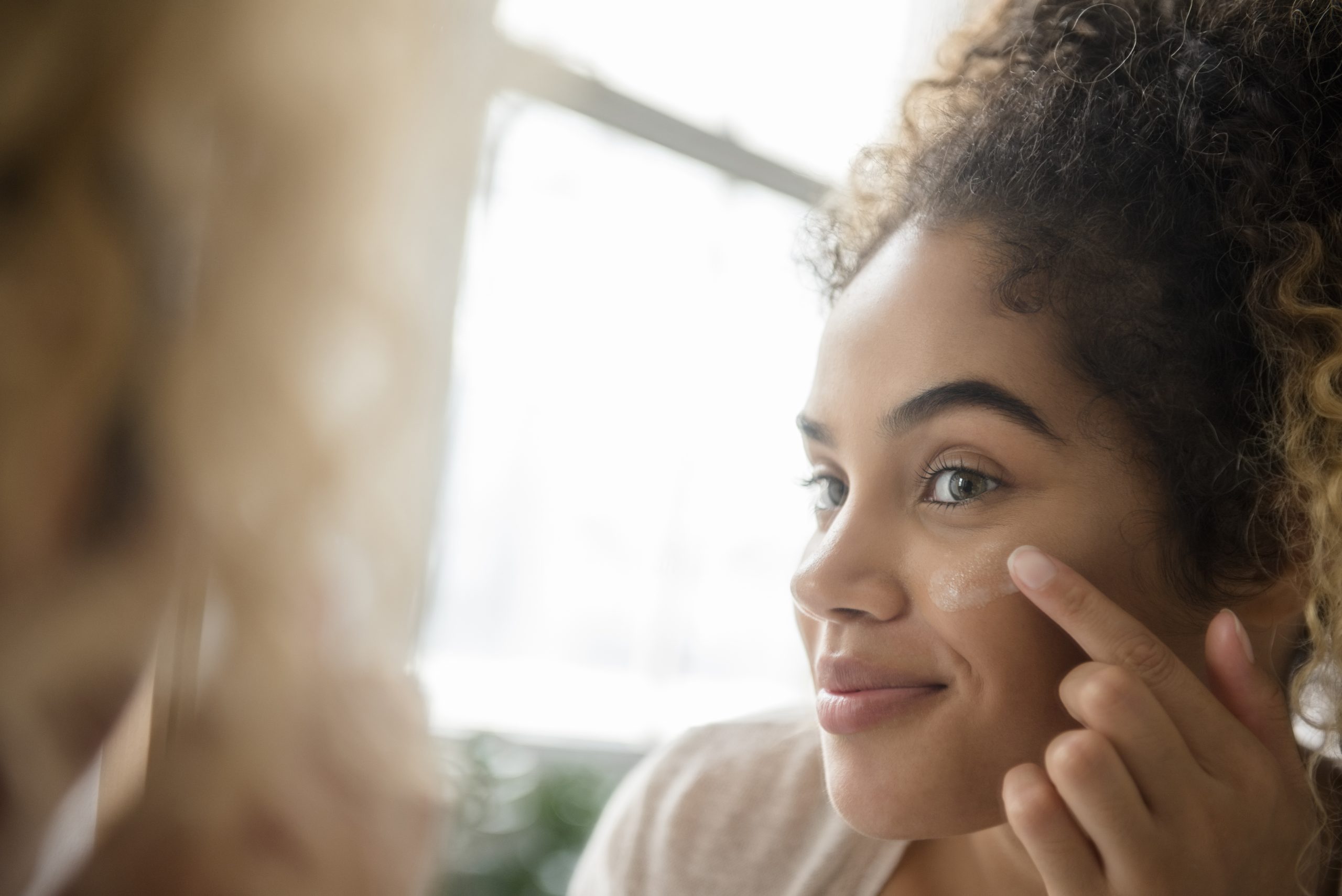
We asked the experts for the best ways to get rid of dark circles under your eyes naturally. Here's what they said...

Ellie is GoodtoKnow’s Family News Editor and covers all the latest trends in the parenting world - from relationship advice and baby names to wellbeing and self-care ideas for busy mums. Ellie is also an NCTJ-qualified journalist and has a distinction in MA Magazine Journalism from Nottingham Trent University and a first-class degree in Journalism from Cardiff University. Previously, Ellie has worked with BBC Good Food, The Big Issue, and the Nottingham Post, as well as freelancing as an arts and entertainment writer alongside her studies. When she’s not got her nose in a book, you’ll probably find Ellie jogging around her local park, indulging in an insta-worthy restaurant, or watching Netflix’s newest true crime documentary.
